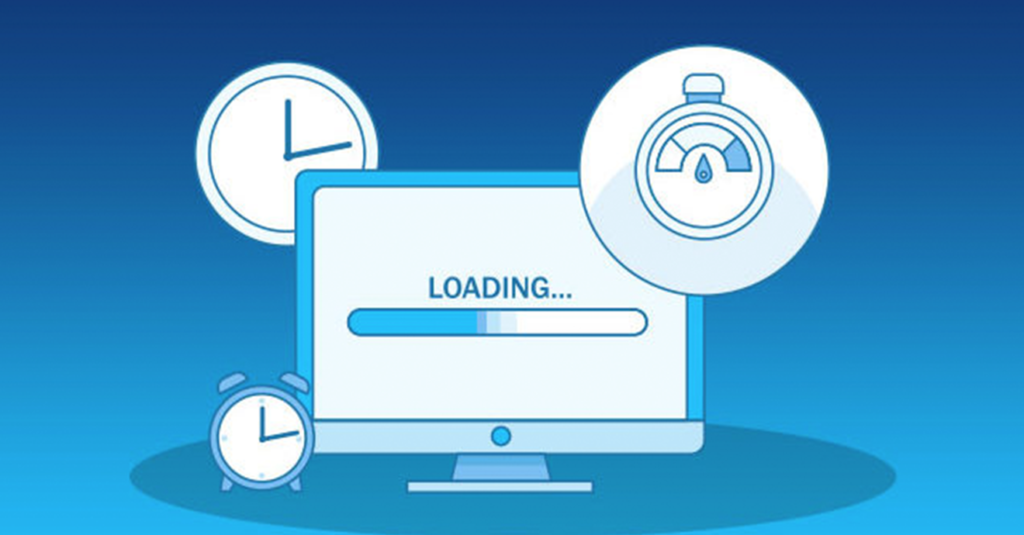
When it comes to the performance of your website, page loading time and speed are of the utmost importance.
Factors like your domain and hosting provider, type of Web Hosting plan, heavy plugins, unoptimized images, etc., influence the page loading time and website speed to a great extent.
To help you out optimizing your website, we are going to share some useful tips that will help you increase your sites speed and maintain its performance in the long run.
Keep reading!
Why Is It Important to Improve Your Website Speed and Page Load Time?
Every second counts when it comes to the page loading speed of a website. In fact, studies have shown that if load time increases from one to three seconds, the probability of a user leaving your site grows by 32%, which is a big number!
Not only customer drop-offs but slow page speed can also have many other negative impacts like low conversions, low ranking, decreased ROI, and so on.
For these reasons, it is very important to maintain a good page loading speed for a website.
Tips to Increase Page Loading Speed of Website
Now that you know how crucial it is to have faster page load times, lets discuss some ways to do so:
-
Choose Optimized Web Hosting Services
Not many people know, but the right NZ web host can help you maintain the performance of your website. So, avoid making the mistake of choosing an unreliable NZ web hosting provider for your hosting needs.
Also, an optimized hosting solution may be slightly pricey, but it will be worthwhile for the guaranteed service it provides. On the other hand, choosing web hosting sites with their so-called free hosting plans can badly hurt your sites performance.
-
Use Optimized Images
Images can help you make your web pages more appealing to users. However, using too small or too large images without optimizing them can lead to poor page loading speed. Therefore, always use high-quality images that are relevant and, more importantly, well-optimized for your web pages.
-
Avoid Using Unnecessary Plugins
No doubt, plugins are convenient and useful when it comes to website management. But some plugins can make your website bloat and slow it down. Moreover, outdated and poorly maintained plugins are more vulnerable to cyber-attacks. For these reasons, it is always better to have limited and updated plugins and eliminate the ones that are not in use.
-
Reduce the Redirects
Too many redirects also lower your site speed and performance, so try to keep them to a minimum. Of course, they are important in some cases, but make sure to avoid unnecessary ones while generating links.
-
Enable Browser Caching
Browser caching is another easy way to enhance the loading speed of your web pages. This technique allows your browser to save a variety of tables, images, and Jscript files, so it doesnt have to reload the entire web page when the need arises. Thus, make sure to enable it.
Conclusion
In this digital era, a website is one of the main channels for reaching existing as well as new customers.
While maintaining the speed of a website can be challenging, it is vital for the success of your business.
To help you save some time and effort, our tips will help you improve your site speed and keep it up and running in the best way possible.
